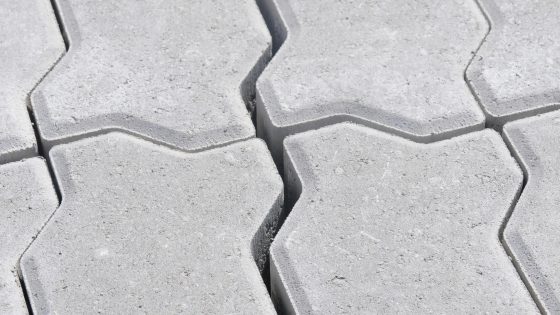The Bank of Canada recently hiked the key interest rate to .50% for the first time in four years. Naturally, Toronto homeowners will probably be wondering whether it is time to lock-on their variable rate mortgages. Let us take a look at whether a variable rate mortgage is still the better option given the current socio-economic climate.
Stress test
One of the key factors on whether you should choose a variable rate mortgage over a fixed rate mortgage in 2022 is just how well you can handle fluctuation in the market. Variable rates have statistically been shown to be more advantageous in the long run for homeowners. Even during years of high rates, over the course of a mortgage, the variable rate homeowner comes out ahead. However, that homeowner must be able to stomach the changing payments that come with a variable rate.
Making a variable rate easier
One way to determine the feasibility of a variable vs fixed rate mortgage is to find out whether you can pay the fixed rate if you need to lock it in. For instance, if your monthly mortgage payment on a variable rate is $1,100/month and the fixed rate mortgage payment would be $1,300/month, if you are able to afford that extra $200 payment, then a variable rate would work for you. To make it even simpler – you could even increase your monthly payment by $200, with the extra money going towards the principal. By doing this, you would already be paying what a fixed rate mortgage would be and you would be putting down extra money towards your mortgage.
An argument for a fixed rate
If you are not comfortable with a varying payment amount every month and you plan to stay in your home long term, then a fixed rate mortgage is probably the best route for you. Although you will be paying a higher rate of interest and less of your money will be put towards your principal every month, your payment will remain consistent for the life of your mortgage term. You won’t have to worry about changing payments and locking in your rate when interests rates rise.
Breaking your mortgage
To break a fixed rate mortgage, you will usually be required to pay either three months of interest or the interest rate differential (whichever is higher). To break a variable rate mortgage the penalty is usually three months interest on the balance of your mortgage.
If your mortgage is up for renewal this year, then it might be the right time to start looking for a new mortgage. Interesting rates have started to rise, with more raises being forecast. Therefore, if you are able to lock in to switch your mortgage to a new one now, you will certainly have a better rate then if you wait until summer or fall.



